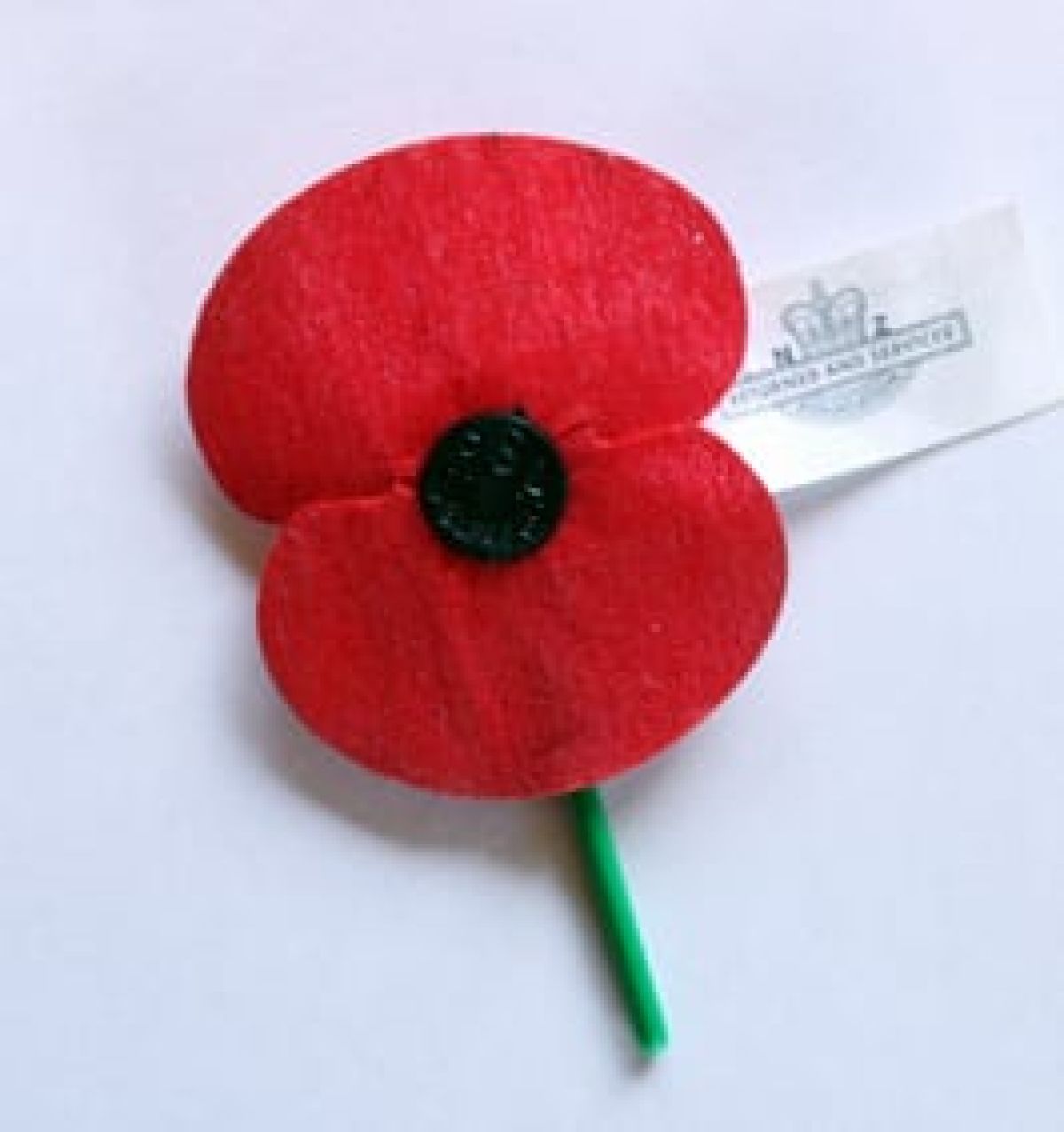Depoliticise the poppy

At 11:00 on the 11th day of the 11th month, millions of people from across the country come together to commemorate one hundred years since the end of the First World War.
The idea of a future of peace allows a sense of national solidarity to prevail during a time of hurt for many people.
The true meaning of the poppy is to be open and honest about war; to reflect upon the hurt and destruction that war brings. It is also a chance to think about our post-war relationships and how we prevent further wars; the very essence of ‘lest we forget’.
Last weekend, 10,000 people, including veterans and relatives of WWI soldiers, marched past the cenotaph in London.
In the evening, a beacon was lit at Westminster Abbey, followed by more than 1,000 others across the UK. These remembrance ceremonies are heavily symbolic; lights intended to show the end of the darkness that a war brings, and of course, the ubiquitous red poppy has a long story behind it. Yet none of these symbols have remained as apolitical as they were first intended.
The poppy tradition, for example, began in the aftermath of WWI, it was originally inspired by the famous poem, ‘In Flanders Fields’ by John McCrae. From then on it became intertwined with the charitable works and support for ex-servicemen carried out by the Royal British Legion.
Although noble, this was an inherently political way of remembering those who died; this symbol of remembrance became linked to the particular view of British ex-servicemen of the war.
As time has passed, a number of the connotations imposed on the poppy by the Royal British Legion have become outdated. With the passing of time and the changing nature of warfare, the implications of remembrance have changed. Our remembrance no longer exists in this politically specific and immediate post-war vacuum, and yet there remains politics behind the red petals.
Much of the modern-day rhetoric of the Remembrance remains political, with certain authoritarian, social demands for those remembering war.
In the lead up to Remembrance Sunday the purchase of a poppy becomes almost obligatory. We could consider, for example, the abuse given to Irish footballer James McClean on his refusal to wear a poppy, and to Sheffield’s Lord Mayor Magid Magid for wearing a white and not red poppy.
A refusal to wear a poppy is inherently political and sparks deeply emotive debate. Yet at the end of the day, because war literally threatens people’s lives, wearing a poppy is as personal as it is political. It should be a choice just as much as any other political statement.
This culture of obligation does not actually allow us to remember those who died. Surely the whole point of this tradition is ‘never again’? Therefore, the goal is to have a discussion about war, prevention, and impact, not the censorship of rational political thought.
It is an incredibly sensitive matter, but we cannot place boundaries on how we talk about something as destructive and divisive as war. We need to reconsider how we remember those who gave their lives in order to give true credence to our efforts to make sure it never happens again.







